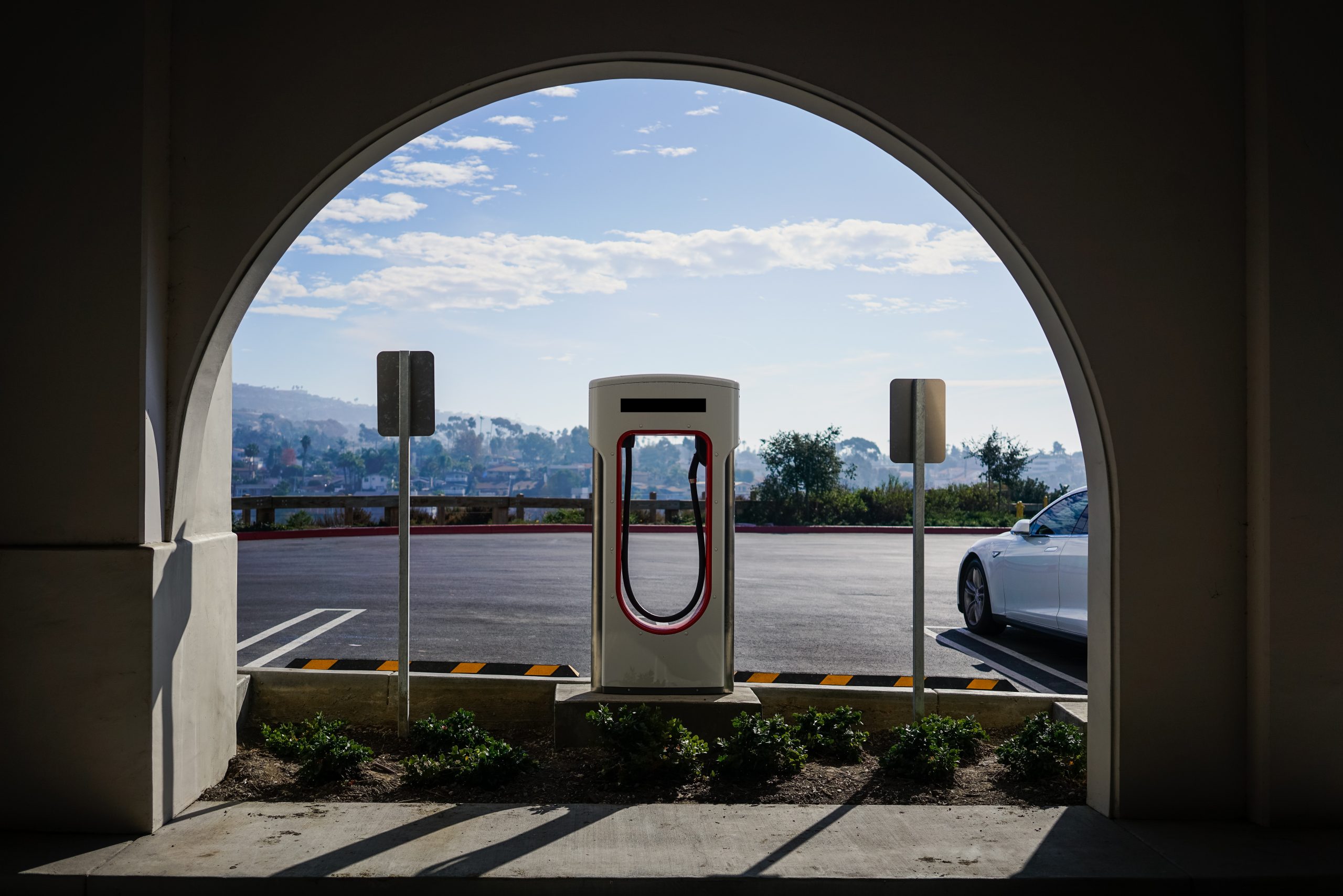Large fissures are appearing in the ‘Green Transition’ story climate crusaders tell themselves. They are trying to foist it on a reluctant public and skeptical business world. One recent such crack is the carve-out on carbon taxes for heating oil in the politically-fickle Atlantic provinces. Provincial premiers are trying to get the same treatment for other fossil fuel heating fuels.
Yet, politicians who still hew to the Climate Crisis orthodoxy remain unrepentant. Montreal’s city council has announced that all new buildings of three stories or less will not be permitted to use natural gas heating. Taller buildings would face the ban later. Several cities and states in the United States are also trying to restrict natural gas use. Their efforts seem desperate.
A recent U.K. study concluded that heat pumps are much more expensive than employing natural gas (also true in Canada), and resistance heating is even worse. Due to the study and public pushback, the planned U.K. heat pump mandate was cancelled – and ‘Net Zero’ postponed beyond 2035.
Extreme policy adopted by voting-block-pandering politicos notwithstanding, other constituents of the artificially-sustained Green Transition show signs of weakness. For some, notably wind power, outright impending collapse looms.
Wind turbine companies’ share prices have slumped. The main reason is that wind power contracts are being cancelled in many places. A large project off the New Jersey coast is the latest example. Component and material costs are the main culprits. They caused wind developers to raise requested electricity prices to unaffordable levels, and higher interest rates made capital costs rocket skyward. Recent revelations about the high costs of recycling wind turbine blades have soured governments and the public on this dubious ‘alternative energy’.
Electric vehicles, ‘EV’s’, are another darling of the climate lobby. There is now a large accumulation of unsold EV’s on dealer lots, not just in North America but in China. It takes a very large ‘rebate’ to get anyone to consider buying one – an indication of fundamental unpopularity.
It takes many minutes to recharge the battery pack at a ‘supercharge’ station; or, sometimes, hours at a regular charging station. The former is expensive, the latter is an unacceptable time and opportunity cost for owners. The bigger issue is a woeful lack of chargers for highway driving yet over reaching politicians are pushing a fantasy ban on gasoline vehicles by 2035. Forget that, it won’t be happening.
However, the best indication that the Green fever dreams of excitable politicians and disingenuous so-called Climate activists are becoming a nightmare is the price of copper. Slow expansion of copper production and the increasing demand for it in Green Transition technologies such as EV’s, wind turbines, and solar panels and for all the grid connections and upgrades that they entail should force the copper price to soar. Yet, it is just about where it was three years ago.
Mining companies are reluctant to buy or develop new copper deposits, or expand existing operations, with no visibility for a substantially higher copper price. Costs have risen, too, and particularly for fuel and financing, making future positive returns look implausible.
Energy consumers, households and businesses, are rejecting the hysterical climate extremism that attempts to compel the use of uneconomic and unreliable energy forms and technologies, and the rejection of proven, affordable ones. Politicians should listen, and change.
Ian Madsen is the Senior Policy Analyst at the Frontier Centre for Public Policy



